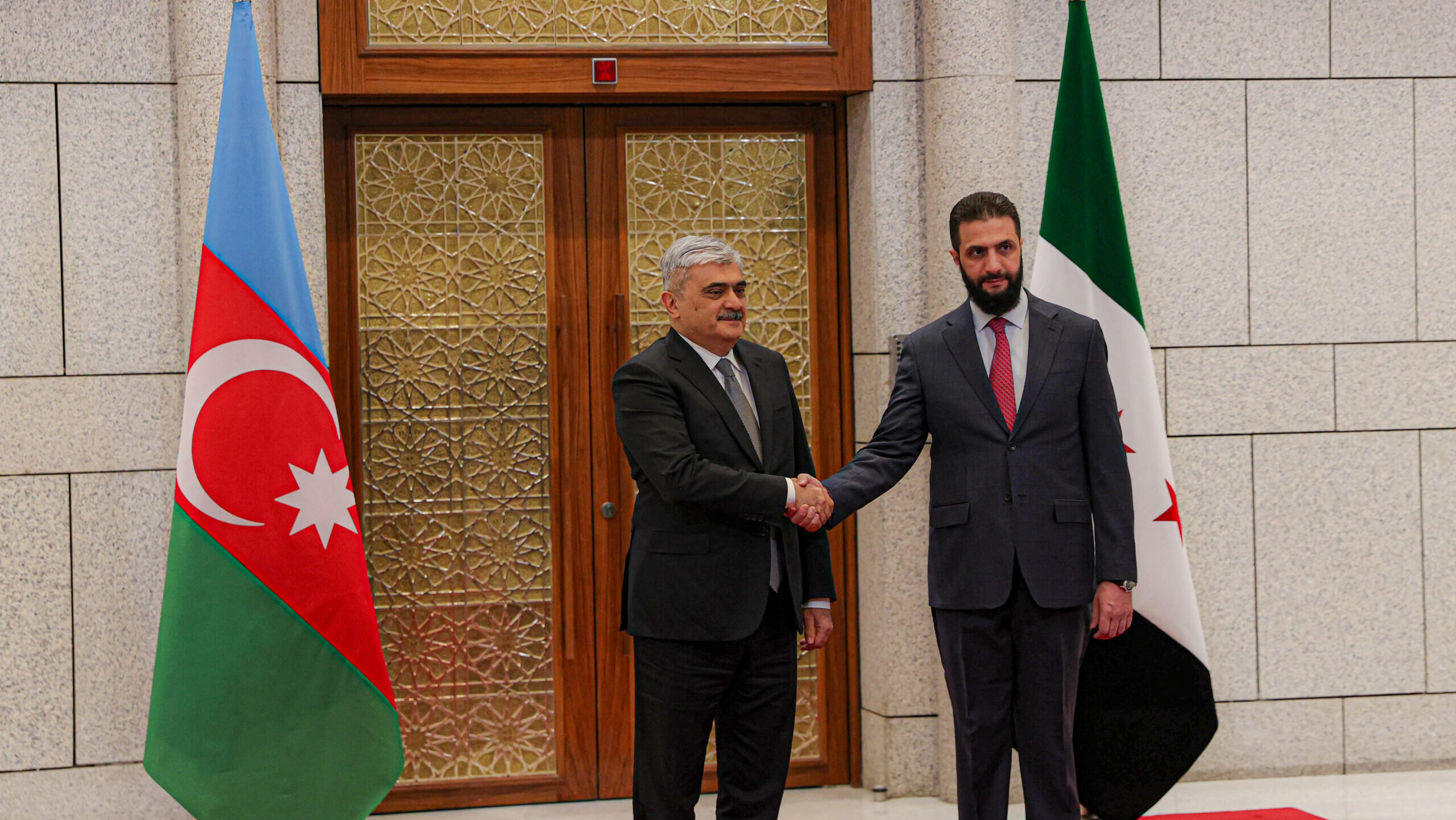Gas, Gold, and a Way Back: Syria Bets on Azerbaijan
Syria’s economy is starved of fuel, capital, and partners. In a piece by correspondent Rizik Alabi, Damascus is betting on Azerbaijan to flip the script—starting with gas. A July 2025 deal would route roughly 3.4 million cubic meters per day through Turkey, scaling up to 1–2 billion cubic meters annually. Officials say the flow could restart idle power plants and ease blackouts, while a broader package seeks to revive gold and precious metals production to earn hard currency. Economists interviewed by The Media Line say the appeal is less ideology than insulation: pricing in national currencies, barter-style exchanges, and direct bank links that work around sanctions.
Give the gift of hope
We practice what we preach:
accurate, fearless journalism. But we can't do it alone.
- On the ground in Gaza, Syria, Israel, Egypt, Pakistan, and more
- Our program trained more than 100 journalists
- Calling out fake news and reporting real facts
- On the ground in Gaza, Syria, Israel, Egypt, Pakistan, and more
- Our program trained more than 100 journalists
- Calling out fake news and reporting real facts
Join us.
Support The Media Line. Save democracy.
Analysts also see politics in the pipeline. Baku wants a larger Middle East footprint; Damascus wants out of the corner. Dr. Ibrahim Qoushji urges clear institutions and modernized payments so trade can move forward instead of stalling in slogans. Dr. Samer Al-Khatib calls Azerbaijan a “window” that balances ties with Turkey, Iran, and Russia, giving Syria more room to maneuver. Obstacles remain: broken infrastructure, sanctions that chill finance, and a price gap that makes Syrian jewelry uncompetitive. The article tracks a rocky history—cool ties over Karabakh and Armenia—now giving way to cautious warmth as President Ilham Aliyev’s government signals support for Syrian reconstruction and even potential mediation channels.
Whether this becomes a model for regional integration or another stalled promise will hinge on execution: pipes in the ground, ports that work, and transparent rules for metals and money. For the full details—and how investors weigh risk against opportunity—read Alabi’s complete report.



